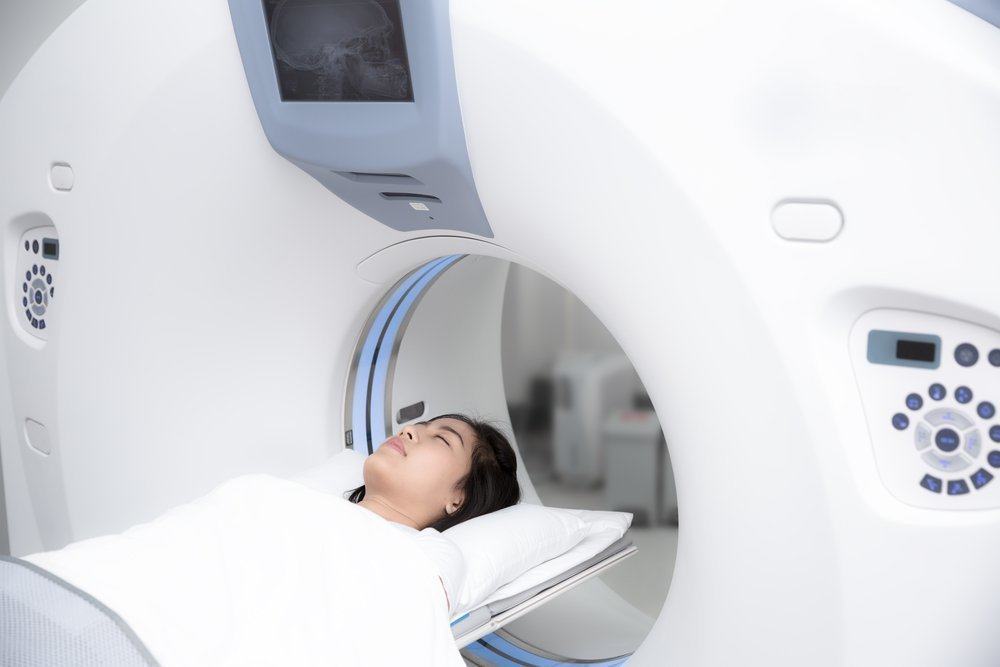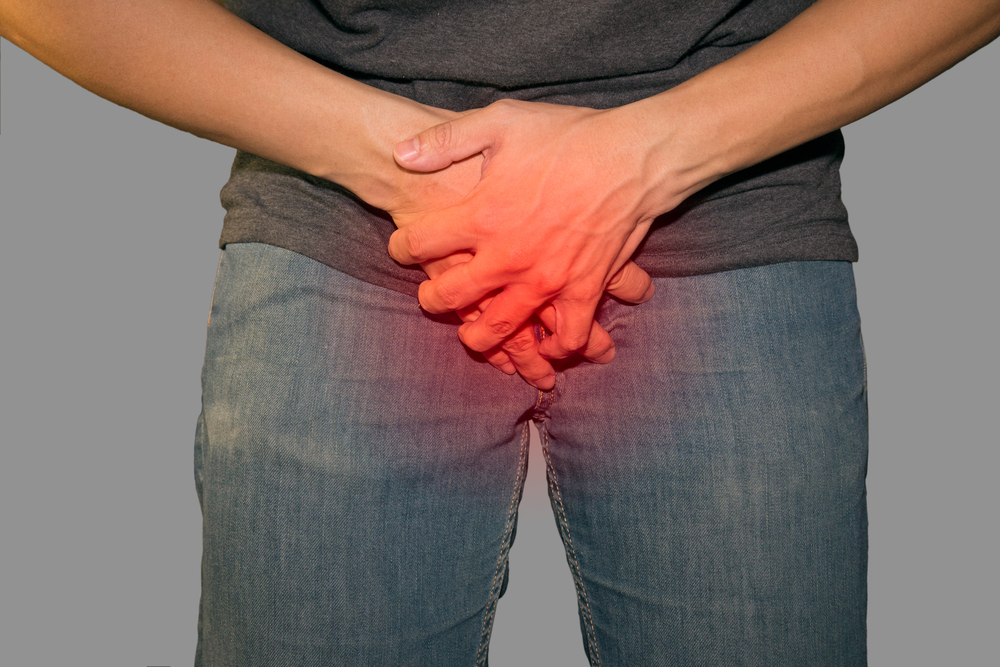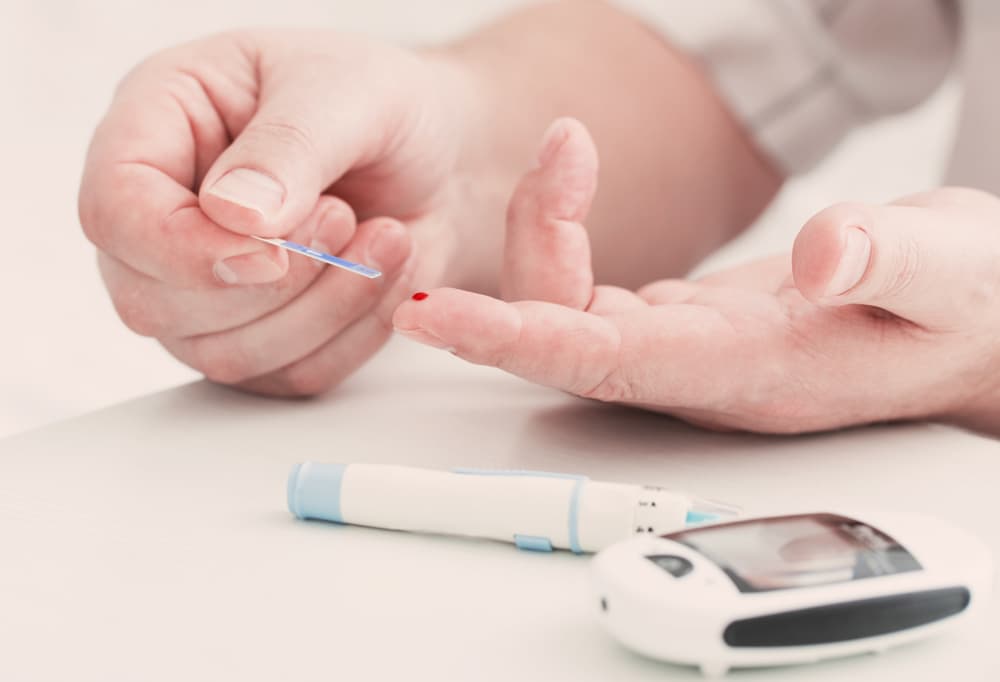Contents:
- Medical Video: Expert alert: Are CT scans safe?
- CT scans cause DNA damage
- Is it true that this DNA damage causes cancer?
- So, does the CT scan still need to be run?
Medical Video: Expert alert: Are CT scans safe?
Along with the continued development of shooting technology for body organs, the patient's concerns about the effect of using CT scans on health have also increased. One of them is cancer.
In recent decades, image scanning for heart disease has been used very often. However, no one knows what the effects of radiation, even in low doses, on the patient's body. Today, as technology develops, researchers can find out the effects of damage in your body if you undergo a CT scan. Please note that to undergo CT-cans on your body, radiation is required at least 150 times more than the radiation used for one chest scan by X-ray or X-ray.
Researchers at Stanford University School of Medicine say that no matter how small the radiation dose used for CT is in your body, it is estimated that there is always cellular damage (damage to cells) in your body. Whether this damage will cause cancer or other problems with the patient's health is not yet known, but the results of this discovery can warn CT users to develop a strategy to reduce the dose of radiation.
In this study, scientists examined the effects of radiation on human cells due to cardiac CT scans. Cardiac CT is often used for certain reasons, including if the patient is expected to have coronary artery disease, or for patients who have aortic valve stenosis who is being prepared to undergo a re-placement of a heart valve.
Although this study is actually still in its infancy, the results of the data from this study can alert medical teams to the use of CT scans.
CT scans cause DNA damage
In the beginning this theory came from the atomic bomb theory, which also contained radioactivity. The less the human body is exposed to an atomic bomb, the smaller the possibility that the human body will be damaged by the atomic bomb. However, the greater the human body is exposed to an atomic bomb, the greater the damage to the body. Armed with this theory, the researchers wanted to examine how the effect of radiation on the body is on cellular levels (in cells of the human body).
The researchers examined blood samples from 67 patients who had undergone a cardiac CT scan angiogram. The researchers used the technique whole-genome sequencing (see genetic makeup) and flowcytometry (researching cell types) in the patient's body. This procedure is carried out before and after the patient has undergone the CT scan.
The results of this study indicate that there is indeed an increase in DNA damage and dead cells after a CT scan has been undertaken. However, along with this damage, genes also function to repair damaged cells. Even though most of these cells are repaired, there are still cells that are not repaired by your body.
These findings are increasingly increasing the discovery that exposure to the body from CT angiograms of the heart scan can cause DNA damage that can result in mutations if damaged DNA is not repaired. The number of cells that die after exposure to radiation is also predicted to cause problems.
Is it true that this DNA damage causes cancer?
Although there is always concern about the exposure of the patient's body to radiation in large or small doses, it is very difficult to prove its connection with cancer scientifically. It is proven that there is cellular damage to the body caused by the radiation, but it can also be seen that the damage is immediately repaired by your body. This is the question: what if the cells have been repaired, but can still cause cancer? Does it occur due to damaged cells that escaped "cell repair", or because of missing cells, or mutations that cause cancer? This is what until now has not been proven by the existing technology.
So, does the CT scan still need to be run?
Of course, in certain cases, CT scans do need to be done. However, this study can warn medical teams to be more careful in using CT scans. Indeed CT scans are very important, but it is recommended for the medical team to reduce the radiation dose. The medical team may indeed need the best image quality to see the condition of the patient's organs, but it should also be considered what the effects of the scanning process of this organ image on the patient's body itself. This can be done by designing better machines and technologies, or giving patients protection to protect their bodies.
READ ALSO:
- Can Abortion Trigger Breast Cancer
- How to diagnose coronary artery disease
- Why the distended stomach is more dangerous than ordinary obesity












